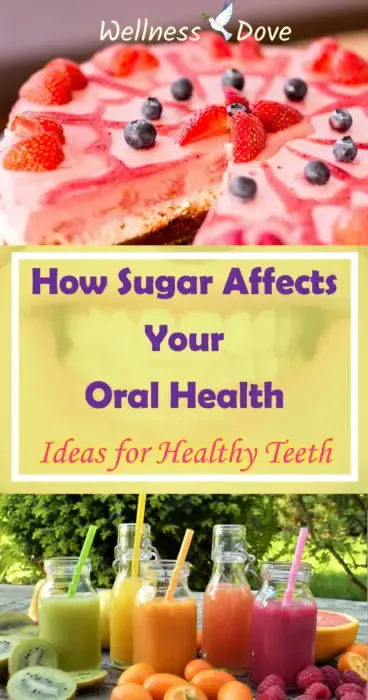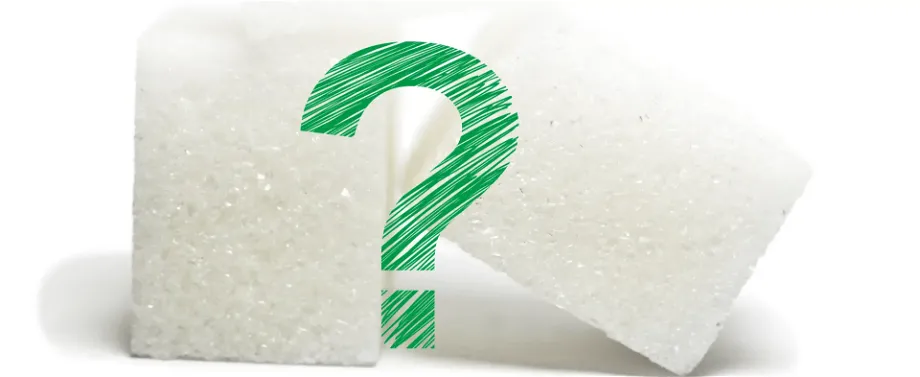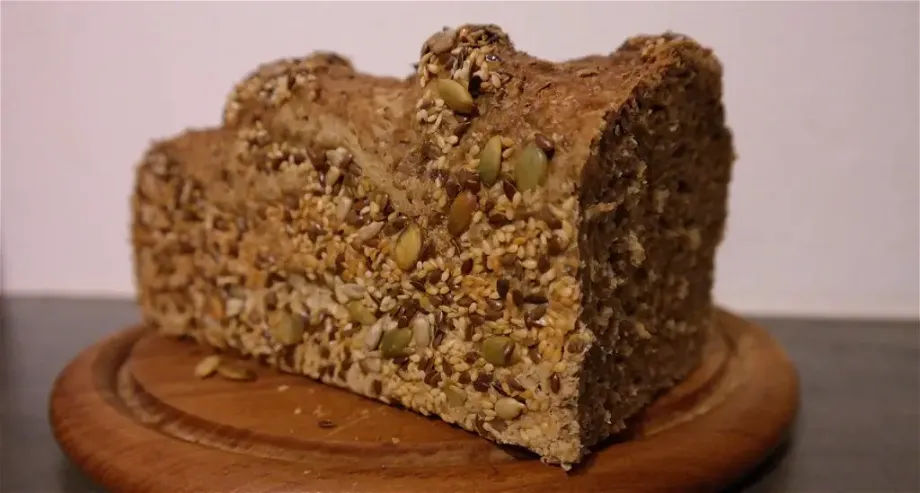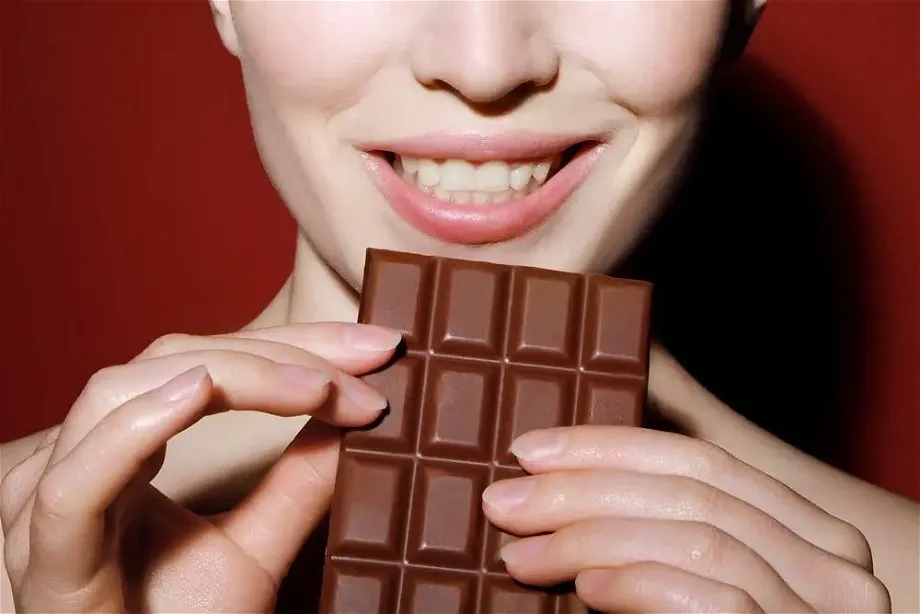
Oral health is fundamental to our general well-being not only because it directly affects our ability to feed but also because dental disease can cause or is the cause of other health problems throughout our bodies.
Dental problems are mainly caused by insufficient oral hygiene and an unbalanced diet. We have already covered why is hygiene important and how do we clean our teeth, so here follow our concerns about what we consume and its effect on dental health.
We will cover objectively the major causes of oral problems in this post. Personally, we try to follow this advice as closely as possible without actually forgetting to live!
Post Contents
What is sugar?
Technically, the term sugar can be used for all carbohydrates.
Carbohydrates, in themselves, are the best source of calories for humans and should not be avoided. And most of them do not taste sweet.
The sweet-tasting, simple sugars are generally considered to have ill-effects on your health. They are also what most of us understand by the term sugar and what we mean when we say ‘sugar’ in this post.
Why is sugar so bad for our teeth?
It seems that for all the advances in medicine, as a society, we have managed to offset them by processing our food to indulge ourselves while making it artificial and unhealthy at the same time.
We have invented processed foods, which allow us to consume large amounts of fat and sugar. It is simply impossible to devour these if we were to eat them in their natural forms such as fruits and vegetables.
In nature, sugars are not in concentrated amounts but are spread between the fibers, vitamins, and minerals of fruits, vegetables, etc.
When we extract and refine them, however, we “free” and convert these sugars into simple monosaccharides and disaccharides. They, in turn, are broken down and digested considerably quicker than they would have been in their natural form.
When we consume such sugars in concentrated amounts, even as fruit juice, they stick to our teeth. Then the bacteria, that normally live in our mouths, starts to digests them.
The byproduct of such digestion is acids, which, in turn, causes a drop in pH that is very harmful to teeth enamel as well as facilitates the formation of dental plaque.
Allowing our natural sugar defenses to work
Our bodies have evolved a natural mechanism to counteract the drop in pH in our mouths when we eat sugars. Saliva has a natural buffering action, which helps restore the pH and reverse the process of demineralization when bacteria digest sugar.
 Allow some time between eating sugars
Allow some time between eating sugars
The process of restoring pH, however, takes some time.
We should allow a couple of hours to pass between eating sugary foods in order for our saliva to do its job. If we eat sugars at small intervals, they will compile faster on our teeth than our bodies can “neutralise” them.
Eat fewer sugars before bedtime
Eating fewer sugars late at night can not only benefit your sleep but keep your teeth healthy as well.
This is because saliva is produced in significantly higher quantities during the day, especially when eating and in a lot smaller quantities before and during sleep.
Our brain and sugar

Humans LOVE sugar because it provides us with quick sugar energy and it is also rare in large amounts in nature.
Because it is a quick energy source, our brain loves it but has not evolved to digest it in such large amounts. Sugar has simply not been available in large quantities throughout the most part of human evolution.
A couple of centuries ago we did not have fruit available all year round. Nor could we buy cheap table sugar from the supermarket.
Be it because sugar is so rare or because it is such an efficient energy source, our brains cannot get enough of it!
In all other cases, our brains crave food variety. When we are presented with a food that we have not eaten for a while, we ted to get excited and find it very appealing.
The more often we eat a certain food, though, the less we want to eat it.
Sugar is the only exception – our brains are always excited by it.
Should we avoid all sugar then?

The answer to what sugars are healthy is simple: eat the naturally occurring ones! Such is the sugar found in whole fruits and vegetables.
Sugars, which we should avoid in the first place, are the refined sugars, which are included in many processed foods we buy or make.
Naturally occurring sugars that are not healthy in large quantities for your teeth are present in syrups, honey, dried fruit, fruit-only smoothies and fruit-only juices.
Eat dried fruits as part of a meal. These are high in sugar and they stick easily to your teeth. Eating dried fruit as part of a meal mixes them with other food, which makes them less sticky but also the other foods can scrub those raisins from your teeth.
Buy canned food in their own juice or water with no added substances. Many canned foods are further sweetened with sugary syrups, which are exclusively composed of bad ‘free’ sugars.
Read the label
The best way to ensure that the food you buy is on the healthy side, you should pay attention to the label.
No matter how healthy the food is advertised to be on the tin, it can still have loads of free sugars in it.
The labels of most foods contain nutritional information, which shows how much fats, carbohydrates, proteins, salt, fibre, etc. the food contains. The ‘carbohydrates’ heading shows the total amount of sugars, including the naturally occurring ones (such as those in fruits, vegetables, milk, legumes).
The total number of carbs is OK to be high. However, you should pay attention to the amount of free (i.e. ‘bad’) sugars is specified by the ‘of which sugars’ figure, specified directly bellow the total number of carbohydrates.
According to the British NHS, for the figure “Carbohydrates (of which sugars)”, anything above 22.5gr. of sugar per 100gr. is high, so you should try to stay well below that. Halfway, at least, we’d say.
How do we personally consume sugar:
We love sugar as much as anyone.
However, we have been consciously cutting sugar from our menu and we observed that the less we eat refined sugars, the less we crave them.
Medical books say that can take between a week and a month for taste buds to adjust to different kind of foods. So as long as we stay off large amounts of sugar, our sugar cravings are less of a problem.
For us, the solution yet again is following a whole food, plant-based diet.
We still eat sweet and we have not excluded all of those sugars on that avoid list, which you will find below. However, white, refined sugar is no longer on our menu and we buy and make sweets with dried fruit.
We have also eliminated white, refined flour, rice and pasta from our diet. They are composed of simple, refined sugars, for the most part. These refined sugars not only are damaging to our teeth but also are quickly absorbed, satisfy our hunger for a shorter period of time and lead to weight gain.
We are using brown rice, whole wheat flour and pasta in our cooking at home and we pay special attention to the ingredients list when purchasing prepared foods. Since we made these changes in our diets, we have the energy for longer and we feel healthier.

We also love juices and smoothies but we avoid drinking fruit-only juice. When we started juicing, we found it difficult to drink juices with less than 50% fruit, however, as we intentionally started to lower the fruit amount, now we include about 20 (or less) percent fruit. Also, we drink with a straw to avoid sugar in the juice to touch our teeth.
Without forgetting to live, try to cut down your consumption of these sugary foods 🙂
[su_row]
[su_column center=”no”]
- sugary soft drinks
- sweets and chocolate confectionery
- cakes and biscuits
- buns, pastries, fruit pies
- puddings
- table sugar
- sugary breakfast cereals
[/su_column]
[su_column center=”no”]
- jams, preserves, honey
- ice cream and sorbets
- fruit juices and smoothies
- milk-based beverages with added sugar
- sugar-containing alcoholic drinks
- dried fruits
- syrups and sweet sauces
[/su_column]
[/su_row]
References:
http://www.nhs.uk/chq/pages/1139.aspx?categoryid=51




